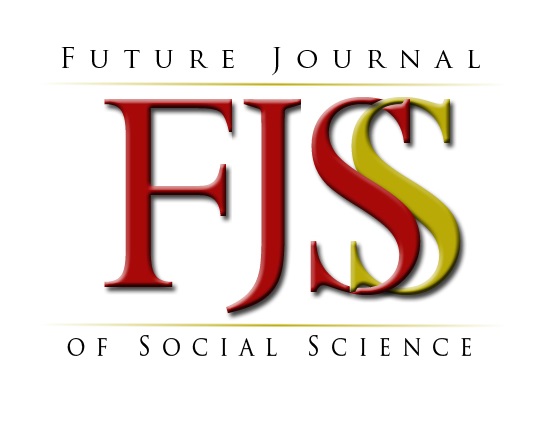Future Journal of Social Science

Abstract
UN mediation efforts in the Libyan and Syrian civil wars, which followed the Arab Revolutions of 2011, were hampered by the great power intervention, and by the belligerents' insistence on solving the problem through military victory instead of negotiation. There is a shortage in the literature which examines an alternative, or how UN mediation can be improved. One of the few models to assess, and improve, UN mediation in civil wars is the so-called Kane Model (2022). Using the model presented by Kane to assess the procedures of a powerful UN mediation process in internationalized civil wars, this paper argues that the UN mediation in Libya and Syria has failed because it did not follow the criteria set by the Kane Model. This model provides a set of practical and academically sound criteria to assess an international mediation process, and detect problems in the mediation procedures. According to this model, the UN mediator should be given a mandate to reshape the international relations around the internationalized civil war, in order to end the foreign intervention. The UN mediator should also be allowed an extent of leverage which would grant him the necessary guarantees to ensure the fighting parties’ adherence to the de-escalation agreements which are reached. Neither condition was satisfied in Libya and Syria. Thus, the UN mediation failed. In addition, the model follows recommendations on how to improve UN mediation for the future.
Recommended Citation
Mahdi, Ahmed S.; Shapib, Melissia; and Gamie, Noura
(2024)
"Back to the Future? How The Global Powers and the Local Militias Hindered UN Multi-Dimensional Mediation in the Libyan and Syrian Civil Wars After 2011,"
Future Journal of Social Science: Vol. 3:
Iss.
1, Article 3.
Available at:
https://digitalcommons.aaru.edu.jo/fjss/vol3/iss1/3
Included in
Communication Commons, Economics Commons, Feminist, Gender, and Sexuality Studies Commons, History Commons, Philosophy Commons, Political Science Commons, Psychology Commons, Public Affairs, Public Policy and Public Administration Commons, Race, Ethnicity and Post-Colonial Studies Commons, Religion Commons

